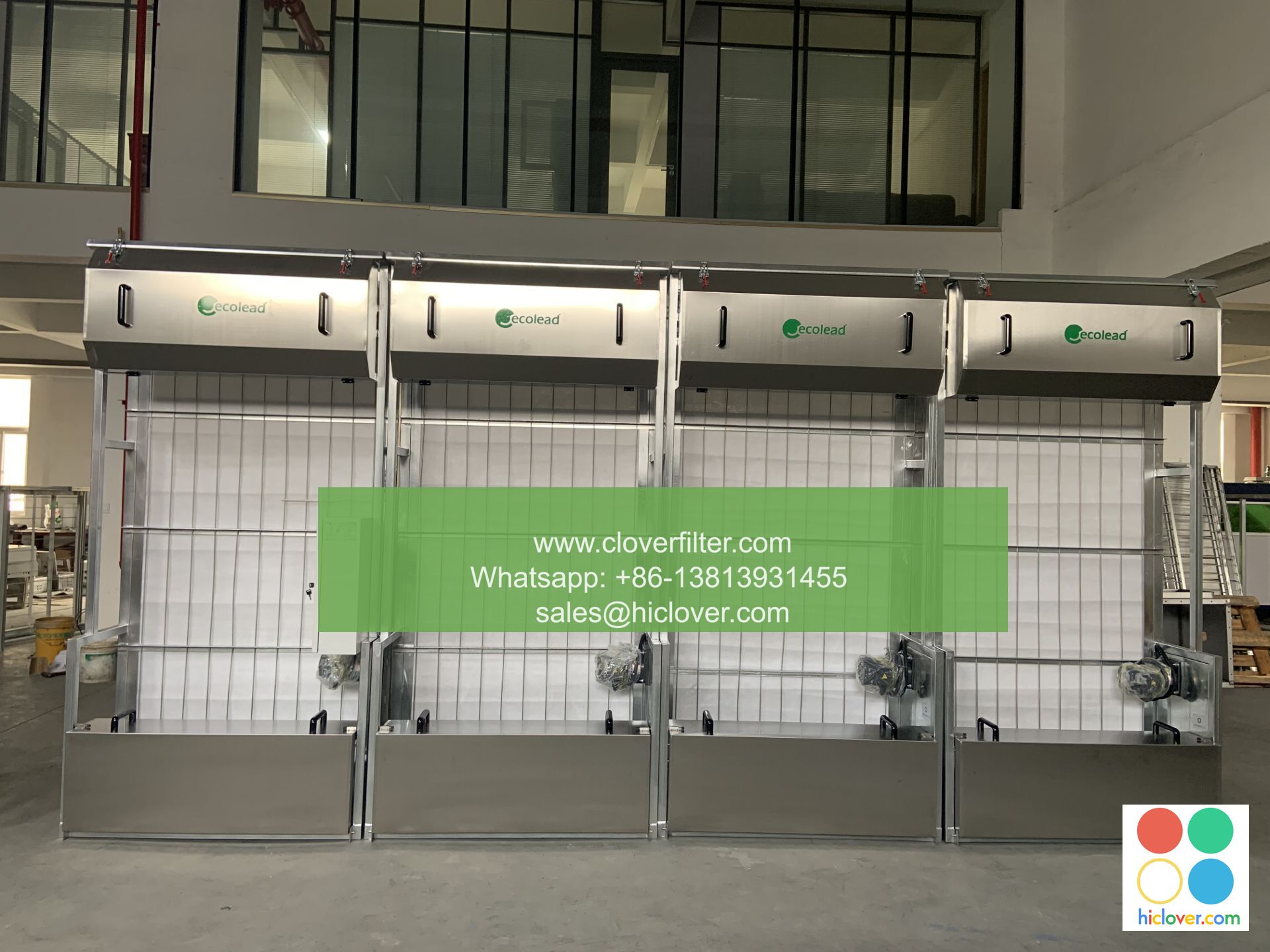Air Filter Network 101: Everything You Need to Know

Air filter networks are a crucial component in maintaining good indoor air quality, and it’s essential to understand how they work and their various applications. In this article, we’ll delve into the world of air filter networks, exploring their key components, benefits, and uses in different industries.
What is an Air Filter Network?
An air filter network is a system designed to remove pollutants, contaminants, and particles from the air, improving the overall air quality. This network typically consists of a combination of air filters, ducts, and fans that work together to circulate and purify the air. Air filter networks can be used in various settings, including homes, offices, hospitals, and industrial facilities.
Key Components of an Air Filter Network
A typical air filter network includes the following key components:
– Air Filters: These are the primary components responsible for removing pollutants and particles from the air. There are various types of air filters, including HEPA (High Efficiency Particulate Air) filters, activated carbon filters, and pre-filters.
– Ducts: These are the channels through which the air flows, connecting the air filters to the rest of the network.
– Fans: These are used to circulate the air through the network, ensuring that the air is constantly being purified.
– Control Systems: These are used to monitor and regulate the air filter network, ensuring that it’s operating efficiently and effectively.
Benefits of Air Filter Networks
Air filter networks offer numerous benefits, including:
– Improved Indoor Air Quality: By removing pollutants and particles from the air, air filter networks can significantly improve indoor air quality, creating a healthier environment for occupants.
– Increased Energy Efficiency: By reducing the amount of pollutants and particles in the air, air filter networks can help reduce the strain on heating and cooling systems, leading to increased energy efficiency.
– Extended Equipment Life: By removing contaminants and particles from the air, air filter networks can help extend the life of equipment and machinery, reducing maintenance costs.
Applications of Air Filter Networks
Air filter networks have a wide range of applications across various industries, including:
– Healthcare: Air filter networks are used in hospitals, clinics, and other healthcare facilities to maintain a sterile environment and prevent the spread of airborne diseases.
– Industrial: Air filter networks are used in industrial facilities to remove pollutants and particles from the air, improving worker safety and reducing equipment maintenance costs.
– Commercial: Air filter networks are used in offices, restaurants, and other commercial buildings to improve indoor air quality and create a healthier environment for occupants.
– Residential: Air filter networks are used in homes to improve indoor air quality, reduce allergens and asthma triggers, and create a healthier environment for families.
Highlighting Various Application Areas
Some of the key application areas of air filter networks include:
– Cleanrooms: Air filter networks are used in cleanrooms to maintain a sterile environment and prevent contamination.
– Operating Rooms: Air filter networks are used in operating rooms to maintain a sterile environment and prevent the spread of airborne diseases.
– Data Centers: Air filter networks are used in data centers to remove pollutants and particles from the air, reducing the risk of equipment damage and downtime.
– Manufacturing Facilities: Air filter networks are used in manufacturing facilities to remove pollutants and particles from the air, improving worker safety and reducing equipment maintenance costs.
Conclusion
In conclusion, air filter networks are a crucial component in maintaining good indoor air quality, and their applications are diverse and widespread. By understanding the key components, benefits, and uses of air filter networks, individuals and organizations can make informed decisions about their air quality needs and create healthier, more efficient environments. Whether it’s in a home, office, or industrial facility, air filter networks play a vital role in improving indoor air quality and promoting overall health and well-being. You didn’t provide a question or topic for me to assist with. Please provide more context or information so I can better understand how to help you. What would you like to talk about or ask?

